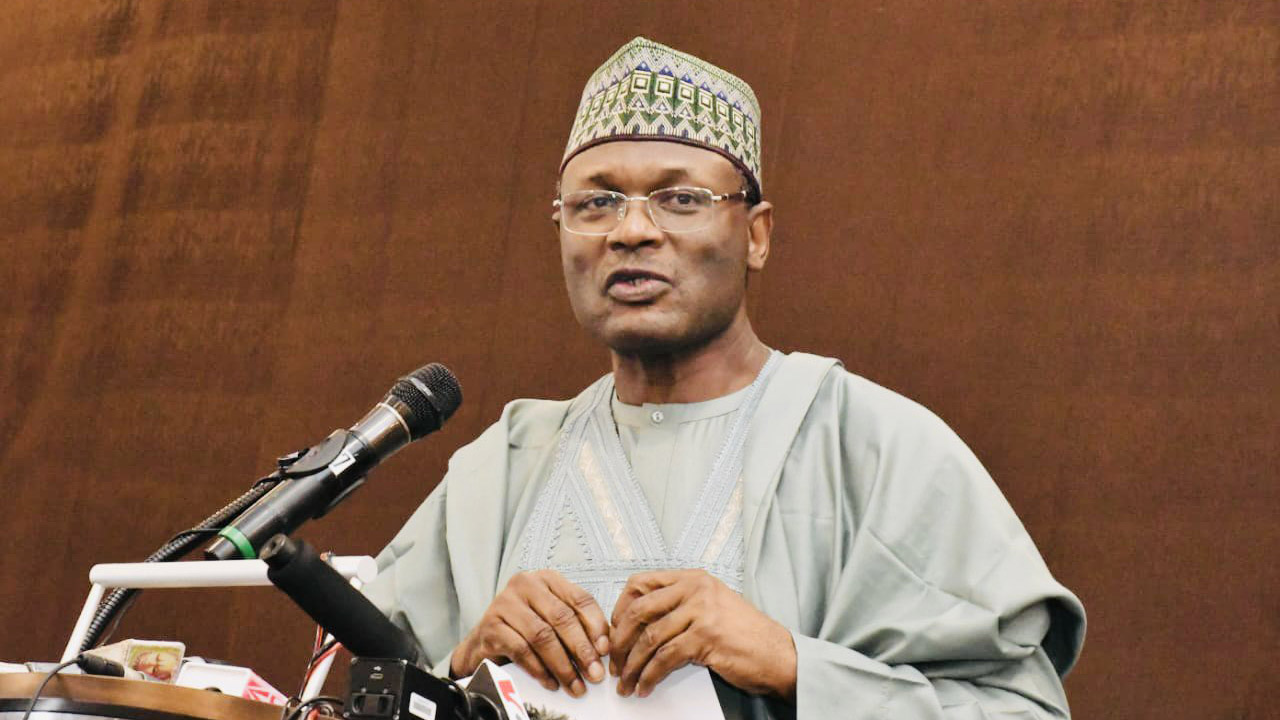By Sonala Olumhense
What is a national shame? One definition would have to be the experience of citizen Ifeanyi Ubah last week in Enugwu-Ukwu, Anambra State. Mr Ubah is the senator representing Anambra South.
He was travelling in a private convoy which was ambushed in a bloody outbreak of violence. The senator, who was conveniently in a bulletproof vehicle, survived, but 10 lives were lost. They included his police and Department of State Services detail, as well as private security aides.
This is one of those ghastly illustrations of just how cheap life is in Nigeria today, and of how much the government lies when it spreads rumours that the country it safe. While I congratulate Senator Ubah for surviving the attack, let us be reminded of how many families will now, because of this one incident, never be the same again.
The senator was said to have been going to Owerri, where President Muhammadu Buhari was visiting to commission some state projects. The Nigeria leader read a professionally-written statement in which he claimed he “has done extremely well.”
“Those who are supposed to say it are not saying it now,” he said. “I don’t know why.”
He put his speech down partly to blame Boko Haram for being “fraudulent”—as if ethics was ever the issue—and returned to an old grievance: that his predecessor-governments earned a lot of foreign exchange they failed to spend on infrastructure.
“…Between 1999 and 2015 when we came in, I will like people to check the Central Bank and the NNPC, the average production was 2.1million bpd. Nigeria was earning at this time 2.1 million times…the militants were unleashed, production went down to half a million bpd. And again, being unfortunate, the cost of petroleum went down from $28 to $37 (sic).”
Buhari regales audiences with this account each time he speaks outside a prepared address, affirming that for 16 years under the PDP, Nigeria sold 2.1m barrels of oil per day at $100.00.
I call it “The Alibi.” It is the cure-all that is intended to explain the gross betrayal of a government to whom so many gave their trust.
The story is false, as was demonstrated in 2018 by the diligent reporters at the International Centre for Investigative Reporting. They concluded: “The average price of crude oil per barrel from 1999 to 2015 was $61, not $100 as Buhari has repeatedly claimed since he became president.”
This information is available not in the dusty files of the CBN or the NNPC, but in the digital archive of OPEC itself. Investigate it yourself: only from 2011 to 2013 (three years) was oil ever above $100 per barrel.
Among others, the numbers show that from 1999 to 2007 (aka the Obasanjo Years), the average crude oil price was $37.18. Compare that with 2015 to 2021 (aka The Buhari Years), in which the average price was $63.31!
In other words, Buhari has made almost twice from oil in seven years than Obasanjo in eight! Add the earnings from oil to the international windfall from COVID-19 assistance; to Buhari’s excessive, obsessive borrowing; and to the massive Abacha loot repatriations (and deduct the refusal of the Buhari government to obey court orders to account for the repatriated loot or to be held accountable at all), and it is shocking that after nearly two terms in office, Buhari’s most prominent achievement is the tale about previous governments having squandered massive earnings.



